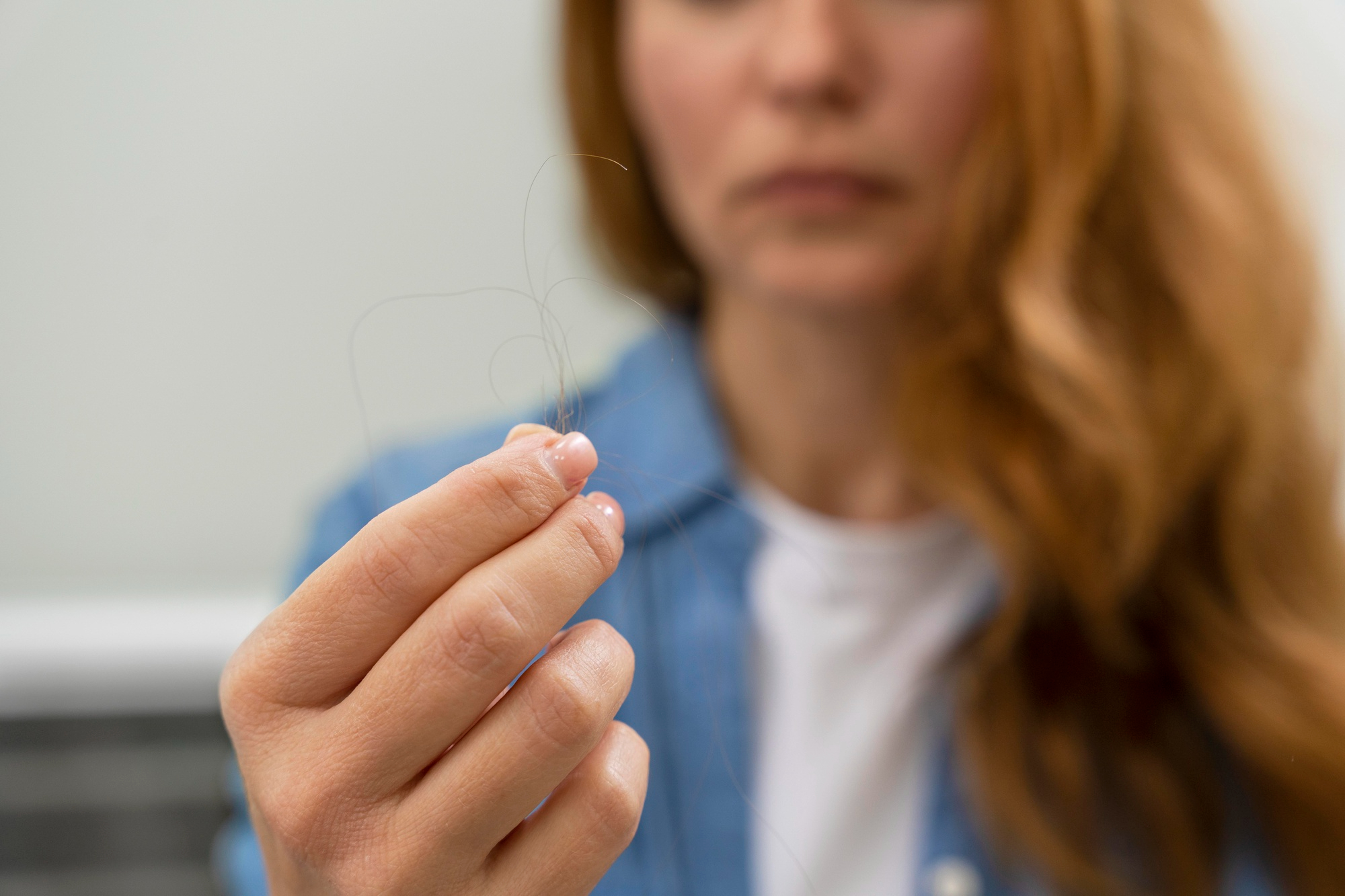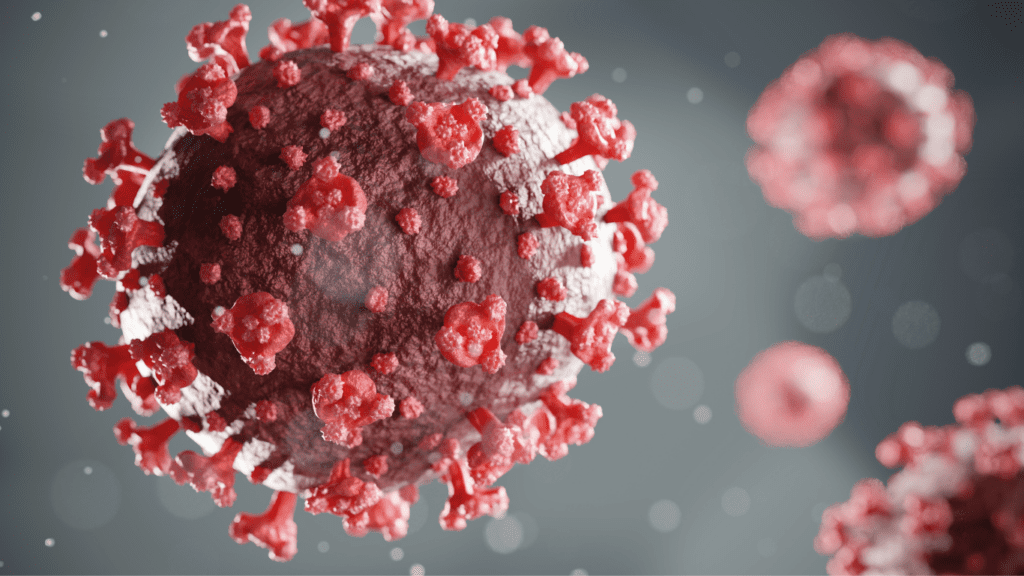The COVID-19 pandemic has not only affected the physical health of millions but has also taken a toll on mental and emotional well-being. While the virus primarily attacks the respiratory system, it is increasingly becoming evident that COVID-19 and its aftermath can also have a profound impact on other aspects of our health, including hair.
Hair loss, or telogen effluvium, is a condition characterized by excessive shedding of hair due to disruptions in the natural hair growth-rest cycle. In the wake of COVID-19, many individuals have reported experiencing hair loss, which can be attributed to the various stressors imposed by the disease. In this article, we will delve into the connection between stressors caused by COVID-19 and hair loss.

Understanding the Hair Growth Cycle
To comprehend the relationship between stress and hair loss, it is important to first understand the natural hair growth cycle. The hair growth cycle consists of three phases:
Anagen phase:
The active growth phase, during which the hair follicles produce new hair.
Catagen phase:
A transitional phase, in which hair growth slows down, and the hair follicles shrink.
Telogen phase:
The resting phase is where the hair follicles remain dormant before shedding and making way for new hair growth.

The Impact of COVID-19 Stressors on Hair Loss
COVID-19 has brought about numerous stressors that can disrupt the hair growth-rest cycle, leading to excessive shedding and hair loss. Here are some key stressors and their impact on hair health:
Physical Stress:
COVID-19 is a physically demanding illness, and the body’s immune response can place significant stress on various physiological systems. This physical stress can disrupt the hair growth cycle, pushing hair follicles prematurely into the telogen phase and leading to increased shedding.
Emotional Stress:
The pandemic has unleashed a wave of emotional stressors, including fear of the virus, social isolation, financial concerns, and grief due to the loss of loved ones. Prolonged emotional stress can trigger hormonal imbalances, specifically an increase in cortisol (the stress hormone). Elevated cortisol levels can negatively affect the hair follicles, leading to hair loss.
Nutritional Deficiencies:
During times of stress, it is common for individuals to experience changes in appetite and dietary habits. Poor nutrition can result in deficiencies of essential vitamins and minerals necessary for healthy hair growth, such as biotin, zinc, iron, and vitamin D. These deficiencies can weaken the hair follicles, leading to increased hair shedding.
Post-Illness Trauma:
Many individuals who have recovered from COVID-19 report experiencing long-lasting symptoms such as fatigue, body aches, and cognitive impairment, commonly known as “Long COVID” or “Post-COVID Syndrome.” The physical and emotional trauma associated with these persistent symptoms can further exacerbate hair loss.

Coping with COVID-Related Hair Loss
If you are experiencing hair loss following a COVID-19 infection, there are steps you can take to cope with and promote hair regrowth:
Seek Medical Advice:
Consult a healthcare professional or dermatologist to assess the extent of your hair loss and explore potential underlying causes. They may recommend certain tests to rule out other factors contributing to hair loss.
Manage Stress:
Incorporate stress-reducing techniques into your daily routine, such as exercise, meditation, deep breathing exercises, and engaging in activities that bring you joy. Managing stress can help regulate hormone levels and support healthy hair growth.
Eat a Balanced Diet:
Focus on consuming a nutrient-rich diet that includes a variety of fruits, vegetables, lean proteins, and whole grains. Consider supplements if you are deficient in specific vitamins or minerals.
If you are experiencing nutritional deficiencies, consider taking supplements that are rich in essential vitamins and minerals like biotin, zinc, iron, and vitamin D. However, consult your healthcare provider before starting any new supplements to ensure they are appropriate for you.
For personalized guidance on coping with hair loss due to COVID-19 or looking for the best hair transplant clinic, it’s advisable to consult a hair expert. TopHairLossClinic can guide you through the process, offering expert advice and tailored solutions to address your specific needs.

